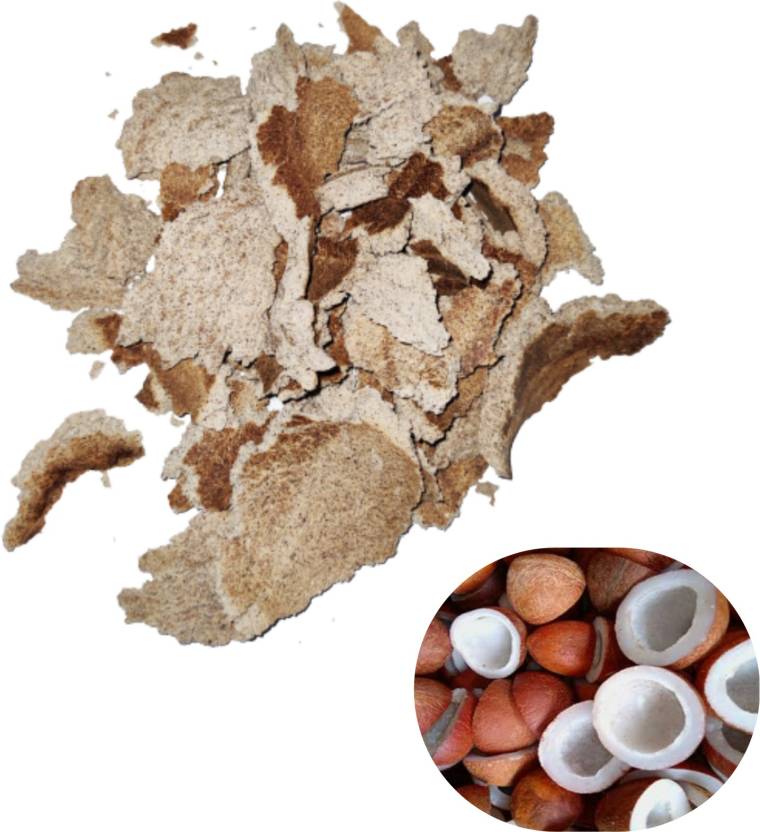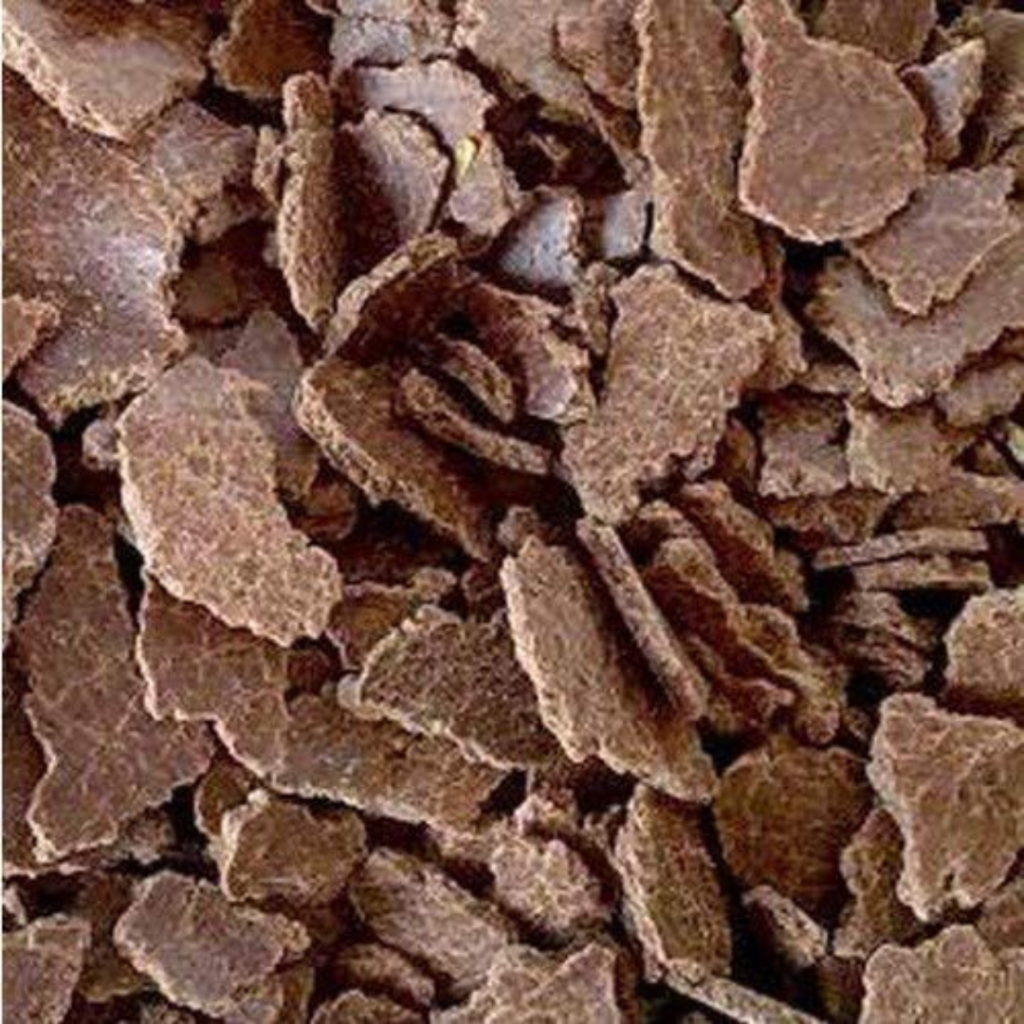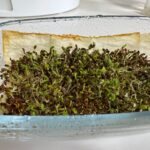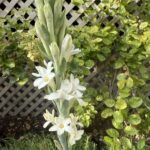The inimitable power of the humble oil cake! Oil cakes in your garden almost seem to be counterintuitive as we all know that oil per se in your soil does not bode well for your plants. However, the oil cakes from various seeds and nuts are extremely good for the soil. Oil cakes are the residue left after oil is extracted from the seeds or nuts. They are rich in vital ingredients that are essential to the health of your plants and your garden. They increase soil vitality and make the necessary elements available readily to your plants. This post discusses how to use four kinds of edible oil cakes and the comparative NPK values of each. Apart from high NPK values they also contain trace elements and are highly effective in reducing the bud drop in flowering and fruiting plants. Of course, we also have the mighty Neem cake which is an effective pesticide and reduces the attacks of bugs like nematodes in the soil as well as acting as super fertilizer.
Let’s start with Neem cake. Neem cake is an inedible oil cake as it has some toxins which cannot be consumed directly by humans or mammals. However, it is an excellent source of nutrition for your plants as well as a fantastic pesticide that is completely safe to use on your crops and vegetable garden. Neem oil acts as an insect repellent and is good to control pests like aphids and mealybugs, and to a certain extent, spider mites. Neem cake which is the residue left after the oil extraction is a must in your soil mix. A tip here is that when you are using leaves to compost try to mix as many neem leaves as possible. Neem cake in your soil amends the soil, slows the nitrification process which means that the nitrogen is available longer to the plants. It also repels soil pathogens and does help in reducing soil nematodes substantially. Do add a Kg of neem cake to two bags of potting soil while mixing your soil. I have used both Shalimar and RO brand and find both acceptable.
There are other types of inedible oil cakes used in farming but those are not widely available here in the GULF for home gardeners.
Now for the edible oil cakes. These can be used to feed farm animals as well and are the residue left after edible oils are extracted. Most common are Mustard cake, groundnut cake, Coconut cake, and sesame cake. Now each of these can be used individually after soaking for about 2-3 days. I would always suggest adding about half the quantity of neem cake to what you have taken of the edible cake (Peanut, Coconut, Mustard, or Sesame). Soak the quantity you want in water which is about five-six inches over the amount of the cake. The exact amount will be 1 part of the edible cake to 20 parts of water. The cake will absorb the water and swell inside. On the third or fourth day, strain it, dilute the water with 10 times as much water in winter and by 20 times as much water in summer, and add about 100 ml to each pot once in 15 days during the season. I would avoid any of these in the months of July August and September in the GULF when temperatures are above 46 degrees centigrade. Also please do not use on succulents and in your adenium plants pots.


These oil cakes are easily available in stores that sell cold pressed oil, or oil mills. They are also available in some larger nurseries.
For comparison here are the NPK values of different oil cakes.



For the sake of comparison
Goat manure has an NPK ratio of 0.7-0.3. -0.9, Chicken Manure has an NPK ratio of 1.1-0.8-0.5, Cow manure has an NPK ratio of 0.6-0.4-0.5, and Rabbit manure has an NPK ratio of 2.4-1.4-0.6
The oil cakes have a comparable and sometimes a better NPK value, are less heaty and have fewer pathogens as compared to the animal manures which means they are safer to handle, unless you have a nut allergy. They amend the soil, slow the rate of nitrification that makes nitrogen available to the plants for longer, and hasten the solubilization of insoluble phosphates and other nutrients.
I have tried both manures and oil cakes but felt because the ammonia content was negliable in Oil cakes they were less heaty and were able to be taken up by the plant faster. Just for the sake of complete avoidance of ants etc, please add a tbsp of Tumeric and a couple of table spoons of cinnamon powder to the mix.






One Response